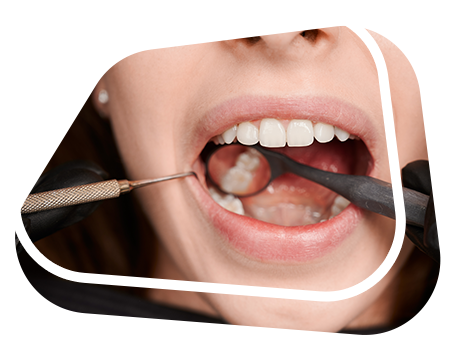
Oral Cavity Cancer
What is oral cavity cancer?
Oral cavity cancer, also known as mouth cancer, refers to a cancer type that occurs in the tissues of your oral cavity, including the lips, gums, tongue, inner lining of the cheeks, the roof and floor of the mouth.
What are the symptoms of oral cavity cancer?
As stated by the oral cavity cancer doctor in Kolkata, the symptoms of oral cavity cancer varies according to the location and stage of cancer. Some of the common signs and symptoms of oral cavity cancer include:
1. Consistent lump or sore in the mouth
2. White or red patches in the mouth
3. Persistent pain or difficulty swallowing
4 .A persistent sore throat
5. Changes in speech or voice
6. Loose teeth or dentures that do not fit well anymore
7. Numbness or tingling in the mouth or lips
8. Swelling in the jaw or neck
9. Ear pain or difficulty opening the mouth
10. Unexplained weight loss
Risk-factors of oral cavity cancer
The exact cause of oral cavity cancer is not known, but it is believed to develop when there are changes or mutations in the DNA of the cells in the oral cavity. As per an oral cavity cancer doctor in Kolkata, these changes can cause the cells to grow and divide uncontrollably, forming a mass or tumour.
There are several different factors that can increase your chances of developing oral cavity cancer. Some common risk factors include:
1. Tobacco use: Smoking cigarettes, cigars, pipes, or using smokeless tobacco products can increase the risk of oral cavity cancer.
2. Excessive alcohol consumption: Heavy drinking can also increase the risk of developing oral cavity cancer.
3. Human papillomavirus (HPV) infection: Certain strains of HPV have been linked to a heightened risk of oral cavity cancer.
4. Poor oral hygiene: Poor oral hygiene and dental care can increase the risk of developing oral cavity cancer.
5. Chronic irritation: Prolonged irritation in the mouth, especially from dentures or chronic cheek biting, may increase the risk of developing oral cavity cancer.
6. Age and gender: Oral cavity cancer is more common in men and in people over the age of 50.
7. Family history: A family history of oral cavity cancer may increase the risk of developing the disease.
Treatment of oral cavity cancer
The main treatment options for oral cavity cancer include:
1. Radiation therapy : It uses high-energy X-rays or other kinds of radiation to kill cancer cells. It may be used alone or with surgery or chemotherapy.
2. Chemotherapy: It involves the use of drugs to kill cancer cells, says the best chemotherapy doctor in Kolkata. It may be used alone or along with other treatments.
3. Targeted therapy: This therapy is a kind of cancer treatment that uses drugs as well as other substances to target specific molecules or proteins that are involved in the spread and growth of cancer cells.
4. Immunotherapy: Immunotherapy is a kind of cancer treatment that uses the body’s own immune system to fight cancer. It may be used alone or with other treatments.
5. Surgery: Surgery is often the primary treatment for oral cavity cancer. It is used to remove the cancerous tumour and any surrounding tissue that may contain cancer cells.
Book an Appointment

Dr. Tanmoy Kumar Mandal
D.M.(Medical Oncology), M.D.(General Medicine)
